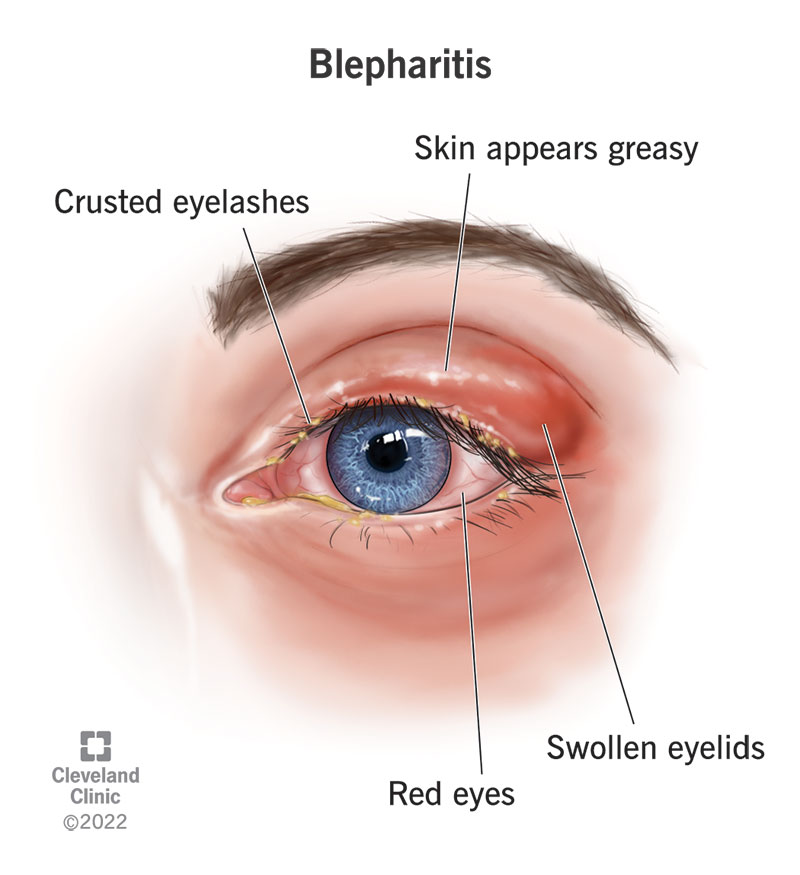Featured

While the majority of people comprehend the significance of securing their skin from the sun, the harmful effects of ultraviolet (UV) rays on eye wellness typically go overlooked. Whether you're soaking up the sun on a summer season day or walking outdoors on a cloudy mid-day, protecting your eyes from UV rays is essential.
What Are UV Rays? UV rays are a kind of electro-magnetic radiation sent out by the sunlight. They are categorized into 3 kinds:
UVA Rays: These pass through deep right into the skin and eyes and can add to lasting damage. UVB Rays: These rays are much more intense than UVA and are mainly in charge of surface-level damage to the eyes and skin. UVC Rays: These are one of the most damaging however are mostly absorbed by the Planet's ozone layer and don't typically reach us. UVA and UVB rays are the key perpetrators behind eye-related damage.
Short-Term Results of UV Direct Exposure on the Eyes. Also temporary direct exposure to intense UV rays can harm your eyes. One usual condition brought on by this is photokeratitis, or "sunburn of the eye." Signs of photokeratitis consist of:
Unpleasant, red eyes. Sensitivity to light. Tearing or extreme watering. Momentary vision loss or blurred vision. Photokeratitis is typically short-lived, however it functions as a caution of just how damaging UV exposure can be, even in tiny dosages.
Long-Term Effects of UV Exposure. Long term direct exposure to UV radiation can bring about a lot more major and irreversible eye problems, such as:
Cataracts: UV rays can speed up the development of cataracts, a problem that triggers clouding of the eye's all-natural lens, resulting in blurred vision and, if neglected, blindness.

Macular Deterioration: UV exposure can damage the retina, especially the macula, increasing the threat of age-related macular degeneration (AMD), which affects central vision.
Pterygium: A development of tissue on the white component of the eye that can cross the cornea, creating pain, redness, and vision issues.
Pinguecula: UV direct exposure can trigger yellowish deposits to create on the conjunctiva, leading to irritation and dry skin.
Skin Cancer Around the Eyes: The delicate skin surrounding your eyes is extremely prone to UV radiation, raising the danger of skin cancers cells like basal cell carcinoma and squamous cell cancer.
Exactly How to Protect Your Eyes from UV Rays. Protecting your eyes from UV rays is straightforward and calls for a few conscious habits:
Purchase Top Quality Shades: Choose sunglasses that obstruct 100% of UVA and UVB rays. Look for tags that specify "UV 400" defense. Wrap-around styles are perfect as they obstruct UV rays from the sides as well.
Put On a Wide-Brimmed Hat: A hat with a brim at the very least three inches broad can dramatically decrease UV exposure to your eyes and face.
Limit Exposure During Optimal Hours: UV rays are greatest in between 10 a.m. and 4 p.m. If you need to be outdoors during these hours, see to it you're sufficiently shielded.
Don't Be Deceived by Clouds: UV rays can permeate with clouds, so it is very important to wear sunglasses even on overcast days.
Safeguard Your Eyes Year-Round: Snow, sand, and water can mirror UV rays, increasing their effects. Eye defense isn't simply for bright summer days-- ensure you're covered in all periods.
Usage UV-Blocking Get In Touch With Lenses: Lots of get in touch with lenses currently come with UV protection. If you wear contacts, ask your optometrist regarding lenses with built-in UV filters for added security.
Encourage Eye Protection for Kid: Kid's eyes are much more conscious UV rays due to the fact that their lenses are clearer, enabling even more radiation to reach the retina. Make certain they put on sunglasses and hats during outside tasks.
Normal Eye Exams. Regular check-ups with an eye treatment expert are vital for early discovery of any UV-related damages. An optometrist or ophthalmologist can review your eyes, advise protective actions, and spot conditions like cataracts or macular degeneration early.
Final thought. UV rays present a substantial hazard to eye health, and their effects can collect in time. Nevertheless, with the appropriate precautions, you can decrease these dangers and safeguard your vision. By putting on UV-blocking sunglasses, restricting sunlight direct exposure during height hours, and staying constant with eye tests, you can guarantee your eyes remain healthy and balanced and your vision remains clear for many years to find. Shielding your eyes from UV radiation isn't practically comfort-- it's a vital action in preserving your lasting eye wellness.
Latest Posts
Check Out Cost-Effective Auto Repairs with Montclare’s Limited-Time Service Specials
Find the Premier Auto Repair Offers in Montclare, Chicago
Unlock WyHy FCU – Smart Money Management for Your Future
More
Latest Posts
Check Out Cost-Effective Auto Repairs with Montclare’s Limited-Time Service Specials
Find the Premier Auto Repair Offers in Montclare, Chicago
Unlock WyHy FCU – Smart Money Management for Your Future